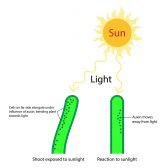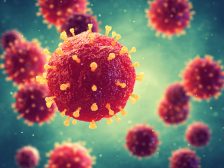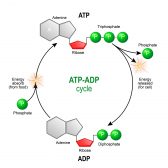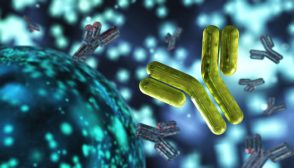Definition
noun, plural: polygenes
A group of genes that produces a specific phenotype or trait only when expressed together
Supplement
A polygene refers to a group of genes that when expressed together produce a particular phenotype or trait. The trait produced is therefore a result of the expression of multiple genes. This type of trait is referred to as a polygenic trait. In humans, it is exemplified by skin colour, height, and weight. Determinants of these traits are influenced by polygenes. For instance, height is regulated by several genes resulting in a variety of heights in a population. Thus, polygenes allow a wide range of physical traits. Thus, instead of having only two varieties there are several possible variations within population. Another is the predisposition to type 2 diabetes. There are multiple genes associated with the occurrence of type 2 diabetes in an individual. The expression of polygenes therefore is not based solely on Mendelian inheritance where the manifestation of a trait is associated with the expression of a single gene especially when the gene is dominant. There are several dominant and recessive alleles controlling a phenotype the result would therefore be a sum of the many interactions of these genes.
Word origin: Greek polys (many) + genein (to produce)
Synonym(s):
- multiple factor
- cumulative gene
- multiple gene
- quantitative gene
See also:
Related term(s):
- polygenic inheritance
- polytenic trait
- polygenic disease
Related form(s):







